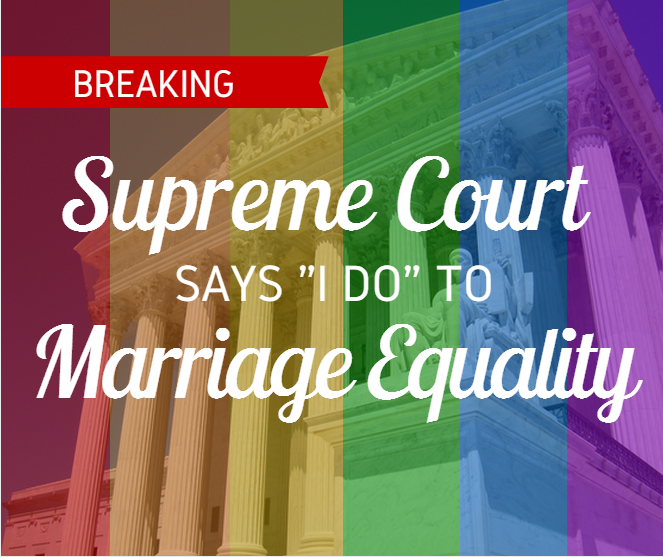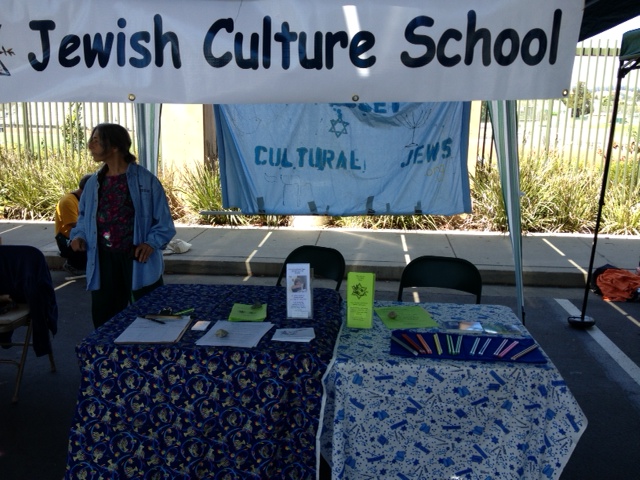I performed my first wedding ceremony in 1987, but before I did, I agonized over whether I should perform a ceremony that wasn’t available to everyone. As it happened, a couple of my gay friends told me – in these exact words – “Don’t be stupid.” So I performed legal wedding ceremonies between men and women and non-legal wedding ceremonies between people of the same sex.
A couple of times a year, a gay couple (back then both men and women were just called “gay”) would come to me and ask me to perform a “commitment” ceremony. I would say no. I would tell them I did not perform commitment ceremonies but that I would be happy to perform a wedding ceremony for them. And I did. These weddings were not legal, but they were real.
I’m proud that our Secular Humanistic Jewish movement has always supported the right to marry and we were the first Jewish movement to include openly gay clergy members. I’m proud that the Jewish community is at the forefront of every fight for equality.
While I am sensible that struggles remain, America has come a long way. It took Black Americans almost 400 years to attain equal legal rights. It’s not even 40 years from Stonewall, and we’re on our way to equal legal rights for people of all sexual orientations. We’re not there yet, but we’re on our way.
At our Passover seder, we ask why we say “dayenu” – it would be enough for us – even though we know each thing we are happy for is not everything we need, want or hope for. We say “dayenu” because it feels good to be on our way. When we say “dayenu” it means we celebrate each step toward our goals as if it were enough – and then start out on the next step. It means that if we reject each step because it is not the whole liberation, we will never be able to achieve the whole liberation. It means to sing each verse as if it were the whole song – and then sing the next verse!
So, yes, there’s still inequality, brutality and bigotry. There’s still progress to be made. But we’ve made another huge step forward, so let’s celebrate. Let’s say DAYENU!



